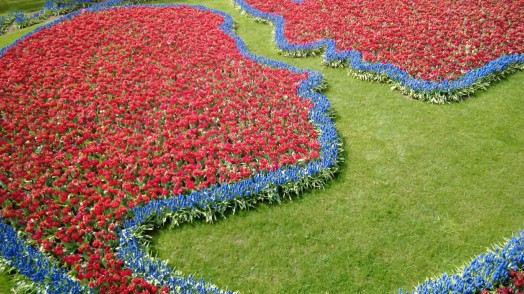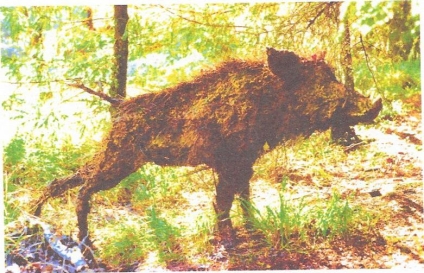
This month’s poet is James (Jim) Caruth. We met in 2012 on the Poetry Business Writing School. He has had several pamphlets and a collection published: A Stone’s Throw (Staple Press, 2007), Marking the Lambs (Smith/Doorstop, 2012), The Death of Narrative (Smith/Doorstop, 2014) and Narrow Water (Poetry Salzburg, 2017).
Jim says: I was born in Belfast, have lived in South Africa and, for the last thirty years, in South Yorkshire. Like all itinerants, that has left me with a need to question what I mean by home.
Many of James’ poems are a search for a definition, a means to find some way to articulate the past (whether real or imagined) and put names and faces to the ghosts.
I admire his ability to say so much in few words with accurate and delicate detail. I’m delighted to share Jim’s work here.
American Dream
Each time I tell it differently.
It was Autumn, a skirr of leaves
in Washington Square, old men playing chess,
two women on a bench drinking Zinfandel
from crystal flutes while the Cuban boys danced salsa.
Summer maybe, a man stretched on his bed,
the wail of sirens from the streets
as cockroaches scratch in the walls
and the woman in the next apartment
makes love in Spanish.
And on a sidewalk in the East Village,
a man with a sign – Gulf War Vet,
one trouser-leg flapping from the knee,
till a fat cop in his stayprest blues kicks
the one good leg, fingers his polished holster
and raises a night-stick to point the way home.
Or was it late Spring when we saw them
on Charles Street, heard the young one yell –
keep your freekin hands off me
as the other raised two pale palms
and turned away as her face fell apart.
No, it was Winter, a trace of snow
on the streets when I took a photograph of you
by an office window – Divorce$300,
as you lifted your hand to your heart
and sang – God Bless America.
Traces
He preferred horses to people.
Recognised that look of madness
in their eyes. Loved to run
a calloused hand along their sheen,
feel the taut length of a sinew
with knowing fingers.
Two months before he died,
we found ourselves stranded
across a table in a pub,
empty conversation rattling
the space between us
like a spoon in a pot.
As he looked at the walls
decorated with the past,
a bridle, collar and traces,
his eyes washed clear of me.
But I swear I heard him say,
Walk on. Walk on boy.

By David Goad
A First Glimpse of Snow
Strikes and demonstrations,
burning necklaces in the townships,
the rhetoric of bull-whips in Adderley Street.
It must have been winter, eighty-five,
when the Cape had a first fall of snow
and I drove you and Alice to Franschoek.
Up through vineyards, past dams of green water,
till we reached that point where the dirt road
was washed away and we got out to watch
a flock of guinea fowl root amongst the rooikrans.
We stood, sipping the clear air in slow breaths
as she laughed at their kek-kek, kek-kek
and you lifted her in your arms, so a child
might have a first glimpse of snow.
What’s the Point?
My father would say
he could never see the point
in climbing a hill
though they rose like a wall
at the top of each street.
Never looked down
on the city at night,
jewels on black velvet,
never once felt peace
rise up like a breath.
He never stood on Cave Hill
to watch the ferries
slip down the Lough,
never thought that grey stretch
as a road to anywhere.
He never climbed the slopes
of Divis on a spring afternoon,
never lay amongst the heather
to watch a kestrel hover
as if it was pinned to the sky.
I am taking my father’s ashes
up Carnmoney Hill.
In the hearse’s slow climb
I hear a voice in my head:
What’s the point in this?




